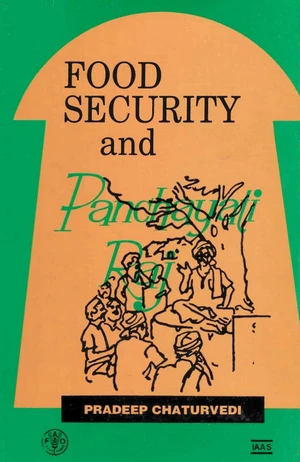Andhra Pradesh and Karnataka used to be the two bastions of the Congress party. Even when several other states had rejected Congress rule, these two neighbouring states stood by the old political party which had won independence for the country. Ironically, at a time when the Congress party at the centre was consolidating its power, the people of Andhra Pradesh and Karnataka were seeking alternatives and and voted decisively on 5 January 1983 for Telugu Desam and Janata-Kranti Ranga respectively. This shift is of great significance for the polity in India. How do we explain the voting behaviour of the two states comprising 51.2 million voters? Corruption and factionalism in the ruling Congress; erosion of its traditional support base among the Scheduled Castes, Scheduled Tribes, minorities and backward classes; poor performance of the party when in power and the resulting hardship and struggle for the deprived sections of the society; the central leadershipâs lack of respect for regional aspirations and the decline of prime minister Indira Gandhiâs charisma-these are >ume of the reasons advanced to explain why the people opted for parties other than the one that had ruled continuously for almost 35 years. The book analyses these and several other aspects of the 1983 election in their unique political setting. The Christian Institute for the Study of Religion and Society (CISRS) promotes study and research in the fields of religion and society. Of late it has been concerned with understanding the religious faith of the masses, with human rights and the rule of law, with economic and social justice for oppressed people. Its quarterly journal, Religion and Society, and the series of books and pamphlets it has published, have been widely acclaimed. The Institute celebrated its silver jubilee in 1983.
Price history
Nov 19, 2022
€9.41

